5 Signs of a Kidney Infection Your Body Will Indicate: A Guide from the best Kidney Specialist In Surat
Kidney infections, also known as pyelonephritis, are a serious medical condition that can cause significant discomfort and lead to severe complications if left untreated. Kidney specialists in Surat say they are typically caused by bacteria that travel from the urinary tract to the kidneys, leading to inflammation and infection. Early recognition of the signs is crucial to prevent further damage to the kidneys and avoid life-threatening conditions like sepsis. In this blog, we’ll discuss five major signs of a kidney infection that your body will signal and why it’s important to act quickly if you experience them.
1. Persistent Pain in the Back or Flank
One of the hallmark symptoms of a kidney infection is a dull, throbbing pain in the back or flank area — typically on one side, just below the ribs. This pain occurs because the kidneys are located in the upper abdominal cavity on either side of the spine.
● What it Feels Like: The pain may start as mild discomfort and progressively worsen. It can feel deep and localized, sometimes radiating to the lower abdomen or groin.
● Why It Happens: When bacteria infect the kidneys, they cause inflammation, which leads to swelling and increased sensitivity in the surrounding tissue.
If you experience persistent back or flank pain, especially alongside other symptoms, it’s essential to seek medical attention from the best kidney stone specialist in Surat promptly.
2. High Fever and Chills
A kidney infection often triggers systemic symptoms like a high fever, typically above 101°F (38.5°C), accompanied by chills or shaking. This response is your body’s way of fighting the infection.
● Why It’s a Concern: Fever indicates that the infection has moved beyond the urinary tract and is affecting the kidneys, which can escalate to sepsis if untreated.
● Additional Clues: You may feel fatigued, weak, or generally unwell, as your immune system works overtime to combat the bacteria.
Fever and chills should never be ignored, especially when combined with other symptoms like pain or changes in urination.
3. Changes in Urination
Kidney infections often affect how you urinate. You might notice one or more of the following changes:
● Frequent Urination: A constant urge to urinate, even if little comes out.
● Painful Urination (Dysuria): A burning or stinging sensation when passing urine.
● Cloudy, Foul-Smelling, or Bloody Urine: The presence of bacteria, white blood cells, or blood in the urine can alter its appearance and smell.
These symptoms occur because the infection irritates the urinary tract and kidneys. In severe cases, the urine may contain pus or a strong ammonia-like odor. Monitoring these changes can help you identify the need for medical attention early.
4. Nausea and Vomiting
Kidney infections can disrupt your digestive system, leading to symptoms like nausea and vomiting, explain the doctors from SIDS Hospital, one of the best hospitals in Surat. While these signs might seem unrelated, they are often the body’s way of reacting to the infection.
● Why It Happens: Inflammation in the kidneys can trigger the release of toxins into the bloodstream, which can upset the stomach and cause digestive distress.
● What to Watch For: Nausea and vomiting combined with fever, pain, or urinary changes are strong indicators that the infection may be affecting your kidneys.
If nausea and vomiting persist, they can lead to dehydration, further complicating the infection and worsening your overall condition.
5. Extreme Fatigue or Weakness
Kidney infections can leave you feeling drained and weak, even with adequate rest. Fatigue is a common symptom of many infections, but it can be particularly pronounced with kidney infections.
● Why It Happens: Your body expends significant energy fighting the infection, and the inflammation in your kidneys may impair their ability to filter toxins effectively. This buildup of toxins in the bloodstream can contribute to feelings of exhaustion.
● Associated Symptoms: You may also notice a lack of appetite or difficulty concentrating, further signs that your body is struggling to maintain normal function.
Persistent fatigue, particularly when accompanied by other symptoms like fever, pain, or changes in urination, should prompt you to consult a doctor.
Why Early Detection Matters
Kidney infections are not only painful but also potentially dangerous. If untreated, they can lead to:
● Kidney Damage: Prolonged infection can cause permanent scarring or loss of kidney function.
● Sepsis: The infection can spread into the bloodstream, leading to a life-threatening condition.
● Chronic Health Issues: Recurring kidney infections can weaken overall kidney health and increase the risk of chronic kidney disease.
If you experience any combination of these symptoms, it’s important to see one of the best kidney specialists in Surat right away. Diagnosis typically involves a urine test, physical exam, and sometimes imaging studies to assess the extent of the infection. Treatment often includes antibiotics, and in severe cases, hospitalization may be required for intravenous medication and fluids.
Conclusion
Your body often provides clear signals when something is wrong, and recognizing the signs of a kidney infection can make all the difference. Persistent pain, fever, urinary changes, nausea, and fatigue are all red flags that should not be ignored.
By acting quickly and consulting an expert at the best hospital in Surat, like SIDS Hospital, you can prevent complications and protect your kidney health. Remember, early detection and proper care are key to recovery and long-term well-being.


 Book Appointment
Book Appointment.png) Video Consultation
Video Consultation









